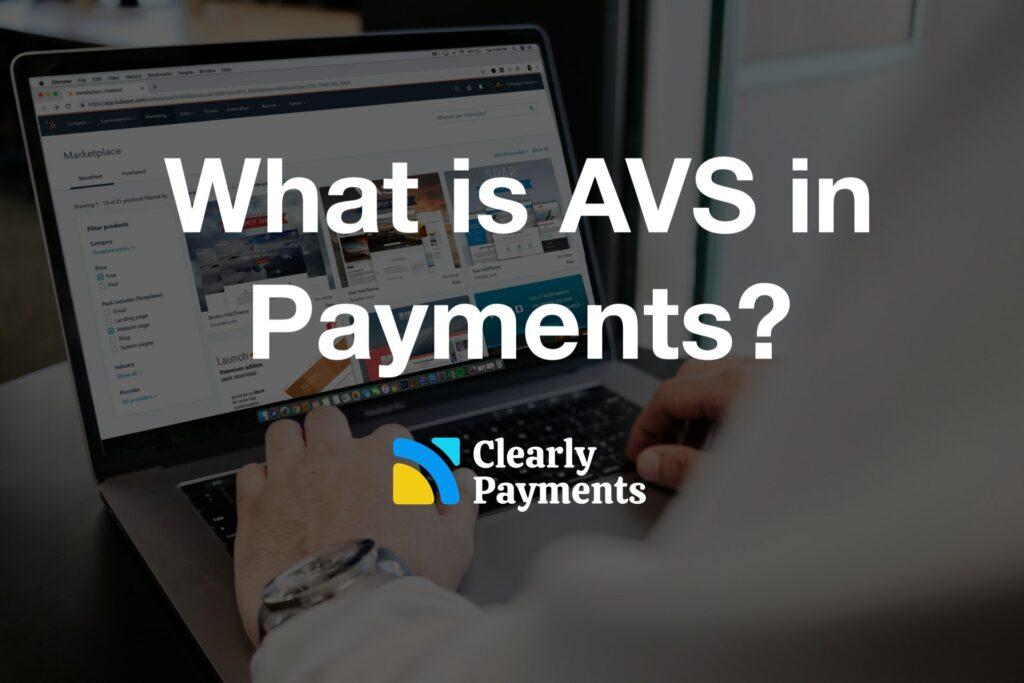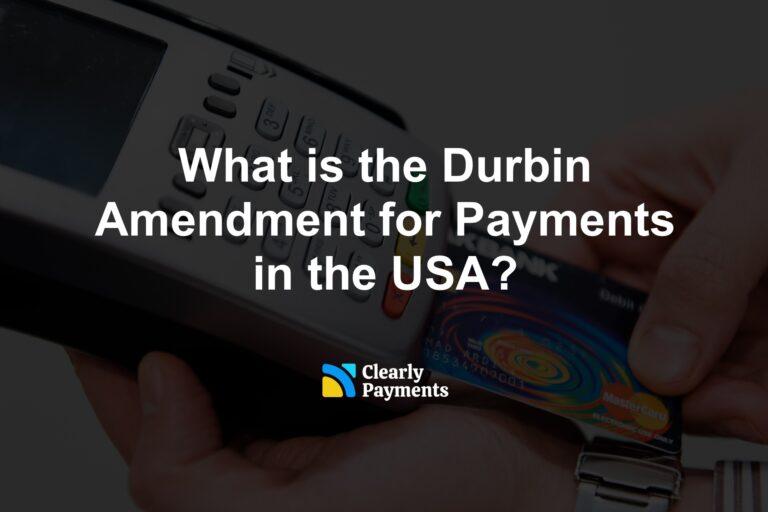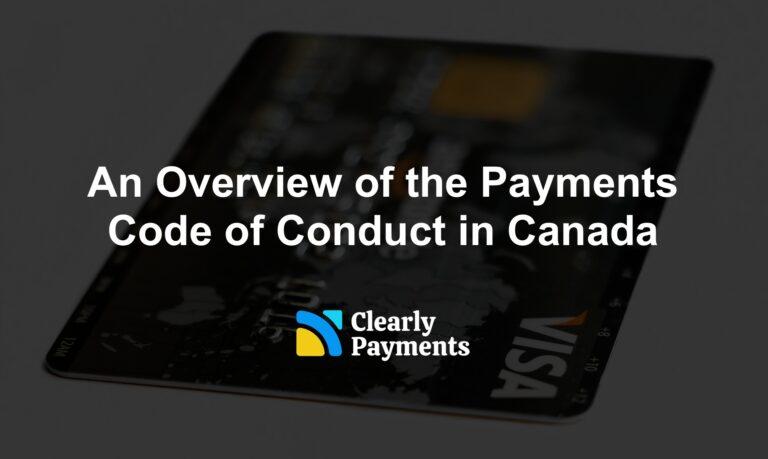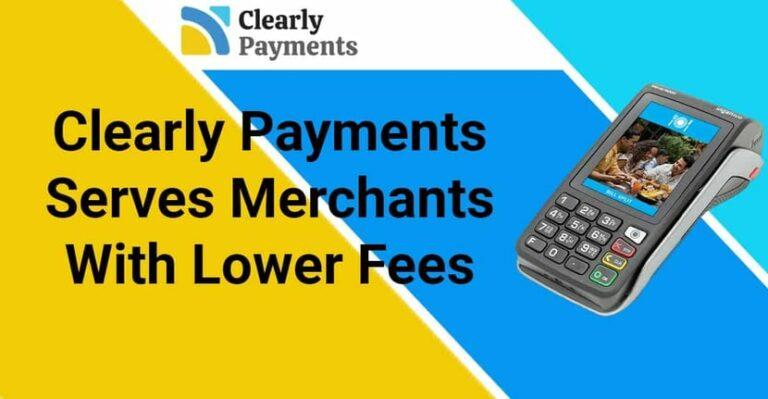In today’s digital era, online transactions have become increasingly prevalent, making payment security a top priority for businesses and consumers alike. One critical component of payment security is the Address Verification System (AVS).
AVS is a widely adopted security feature in payment processing that helps authenticate the address provided by a cardholder during a transaction. This article explores the purpose, operation, benefits, and challenges associated with AVS, highlighting its crucial role in mitigating fraudulent transactions.
What is Address Verification System (AVS)?
Address Verification System (AVS) is a security measure used to verify the accuracy of the billing address provided by a customer during a payment transaction. AVS compares the numeric portion of the cardholder’s billing address, such as the street number and ZIP code, with the information stored in the card issuer’s database. By comparing these details, AVS helps determine the level of match between the provided address and the issuer’s records.
AVS is commonly used in e-commerce transactions, particularly for card-not-present transactions, where the physical presence of the card cannot be verified. By utilizing AVS, merchants can reduce the risk of fraudulent activity, unauthorized transactions, and chargebacks. It provides an added layer of confidence for both merchants and customers, enhancing the overall security and integrity of payment transactions.
How AVS works in payments
When a transaction occurs, the merchant’s payment processor sends the customer’s billing address information to the card issuer. The issuer’s database then cross-references this information with the address on file for the given payment card. Based on the comparison, the issuer generates a response code, indicating the degree of match between the provided address and the records.
The above diagram describes the overall process on how AVS is used in the payment process. AVS response codes may vary slightly between payment processors and card issuers.
Common AVS response codes
These are the common AVS response codes however they may be different among payment processors and credit card issuers.
- “Y” – Address and ZIP code match: Both the street address and ZIP code provided by the customer match the information on file with the card issuer.
- “A” – Address matches, ZIP code does not: The street address provided by the customer matches the information on file, but the ZIP code does not.
- “Z” – ZIP code matches, address does not: The ZIP code provided by the customer matches the information on file, but the street address does not.
- “N” – Neither address nor ZIP code match: Both the street address and ZIP code provided by the customer do not match the information on file.
- “U” – Address information is unavailable: The card issuer does not support AVS or does not provide address information.
- “G” – Non-U.S. card issuer, address not verified: The card issuer is located outside the United States, and AVS verification is not applicable.
- “R” – Retry, system unavailable: The AVS verification service is temporarily unavailable or experiencing technical difficulties. A retry may be necessary later.
- “S” – AVS not supported: The card issuer does not support AVS verification.
These codes provide merchants with valuable information about the level of address match during a transaction, allowing them to make informed decisions regarding the authorization and risk associated with the payment. It is essential for merchants to understand and interpret these AVS response codes properly to effectively manage fraud prevention and risk mitigation strategies.
The benefits of AVS for digital payments
Address Verification System (AVS) is a valuable tool that enhances the security and reliability of payment transactions. AVS is a fraud prevention measure used by merchants and payment processors to verify the accuracy of billing addresses provided by customers during online or card-present transactions.
By comparing the address information provided by the customer with the records held by the issuing bank, AVS helps detect potential fraudulent activities and reduces the risk of chargebacks. This article explores the benefits of AVS in payment processing, highlighting how this verification system enhances security, reduces fraud, and instills confidence in both merchants and customers.
Fraud Prevention: AVS acts as a powerful tool to detect and prevent fraudulent transactions. By comparing the provided address with the issuer’s records, AVS helps identify mismatches that may indicate potential fraudulent activities.
Reduced Chargebacks: Chargebacks occur when a customer disputes a transaction, resulting in the reversal of funds to the customer’s account. By incorporating AVS, merchants can reduce chargebacks related to unauthorized transactions, as AVS adds an extra layer of verification and ensures the customer has access to the authorized billing address.
Increased Confidence: AVS instills confidence in both businesses and customers. Customers feel more secure knowing that their transactions are being verified, while businesses can trust the accuracy of the provided address, reducing the risk of delivering goods or services to incorrect or fraudulent addresses.
Cost Savings: By preventing fraudulent transactions and subsequent chargebacks, AVS helps businesses save money and resources. Chargebacks not only result in financial losses but also incur additional fees and administrative burdens for merchants.
Challenges with AVS
While AVS provides significant benefits, there are a few challenges and considerations to keep in mind:
International Transactions: AVS is primarily designed for domestic transactions, and its effectiveness may vary for international transactions due to address format differences and limited access to international address verification databases. Merchants should consider utilizing other security measures for international transactions, such as CVV verification or additional identity verification methods.
False Declines: In some cases, AVS may produce false negatives or mismatches due to typographical errors, outdated address records, or discrepancies caused by address variations (e.g., apartment numbers). This can result in legitimate transactions being declined. Merchants should strike a balance between security and customer experience to avoid unnecessary customer frustrations.
AVS Support: Not all card issuers or payment processors support AVS, which can limit its effectiveness as a standalone security measure. Merchants should confirm AVS support with their payment processor and understand how response codes are handled and integrated into their payment workflow.
Overall, in an era where online payments are pervasive, ensuring secure and fraud-free transactions is of paramount importance. Address Verification System (AVS) serves as a valuable security feature, aiding businesses in verifying the accuracy of billing addresses and reducing the risk of fraudulent activities. By leveraging AVS alongside other security measures, merchants can enhance payment security, mitigate chargebacks, and instill trust and confidence in their customers, leading to a more robust and secure payment ecosystem.
How to start using AVS
TCM simplifies the process of implementing the Address Verification System (AVS) for businesses utilizing their payment processing services. With TCM, businesses can seamlessly incorporate AVS into their payment transactions without the need for any additional steps or complex setup procedures.
By automatically submitting crucial details such as the Card Verification Code (CVC), postal code, and billing street address, TCM ensures that each card transaction undergoes AVS verification with the respective card issuer. This streamlined approach guarantees enhanced security and accuracy in payment processing, providing businesses with the peace of mind they need to focus on their core operations.




